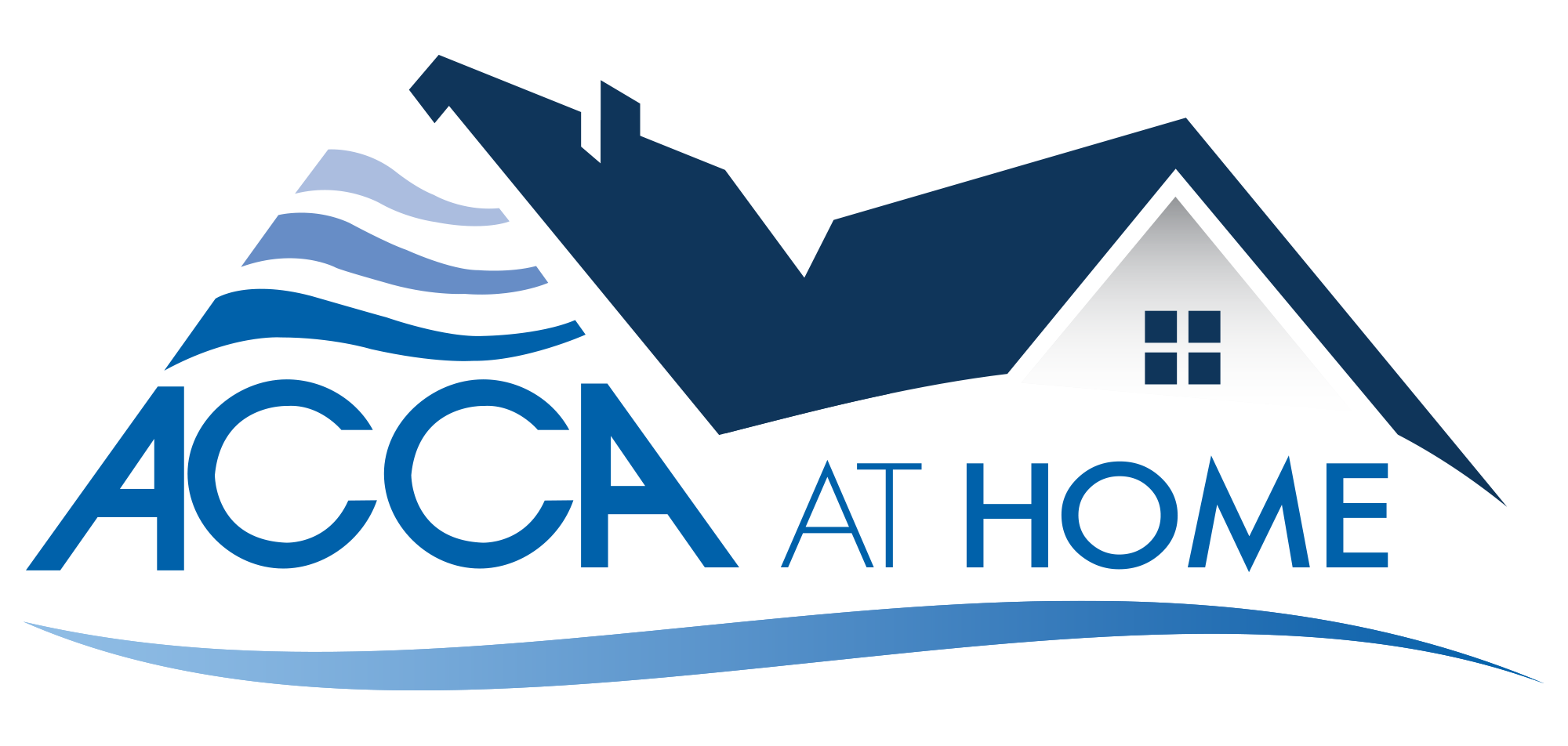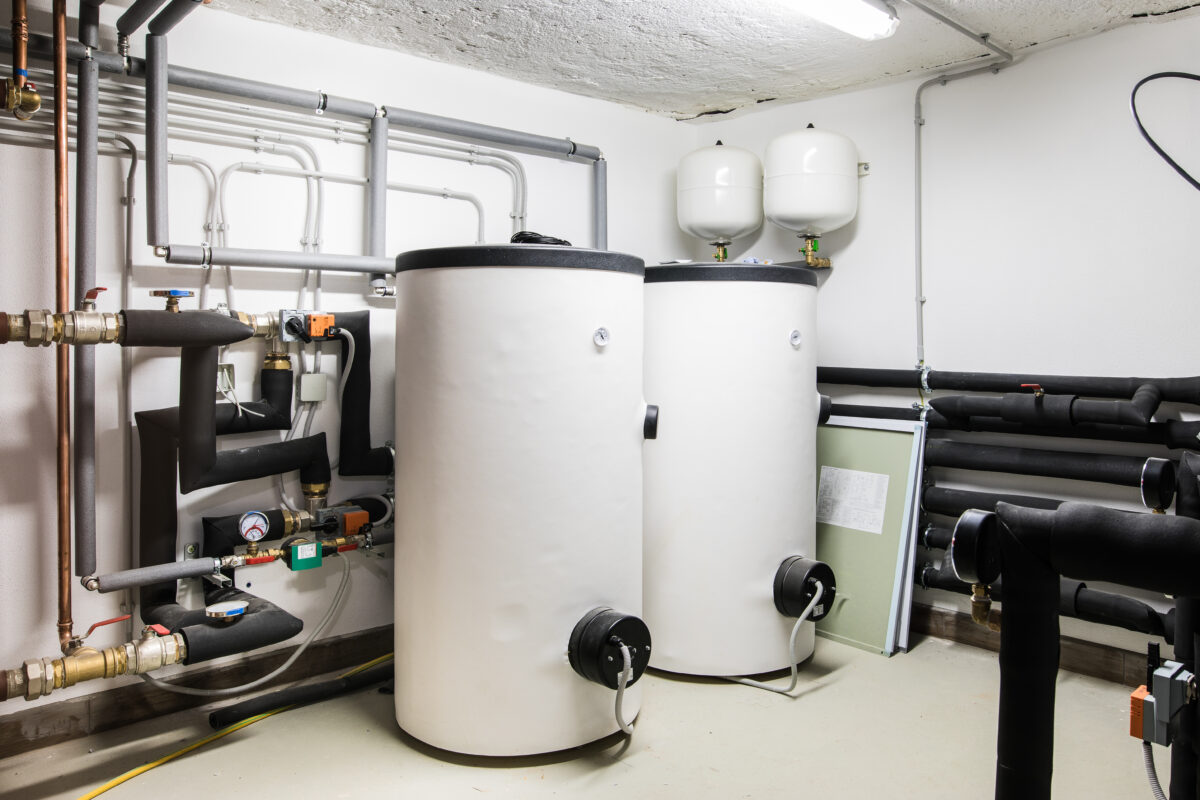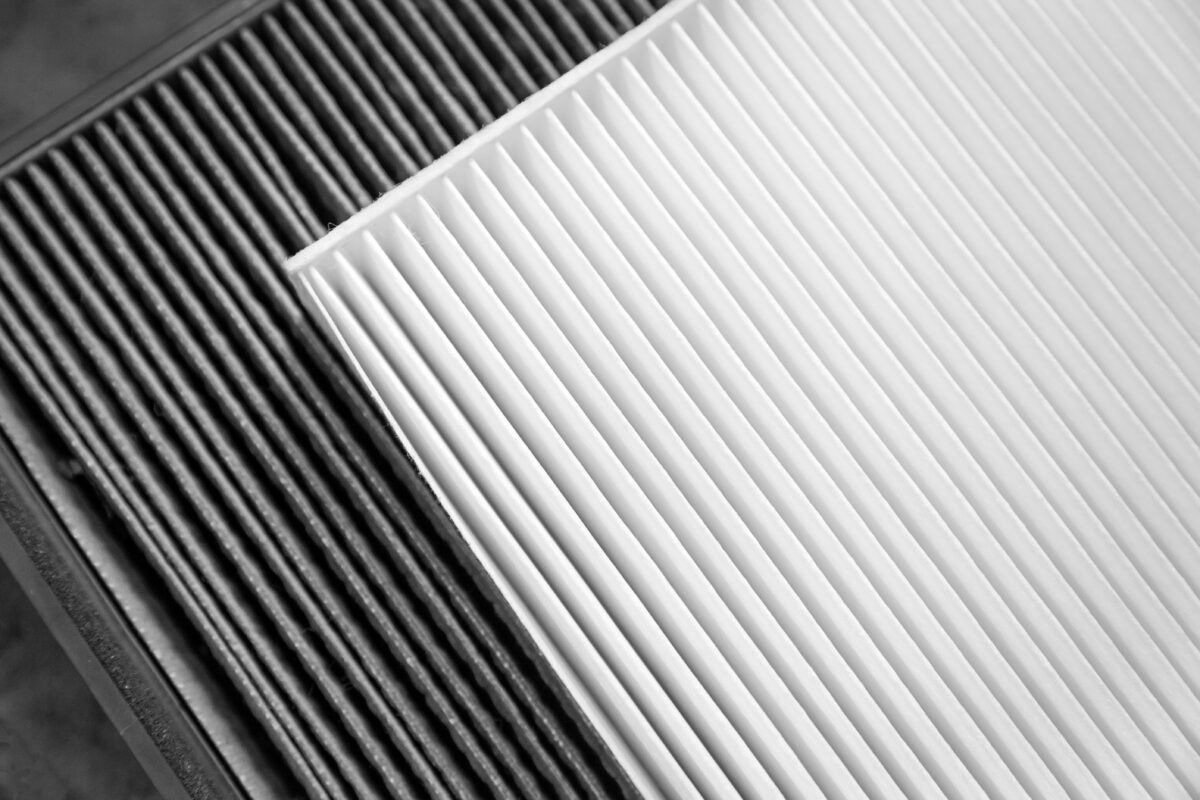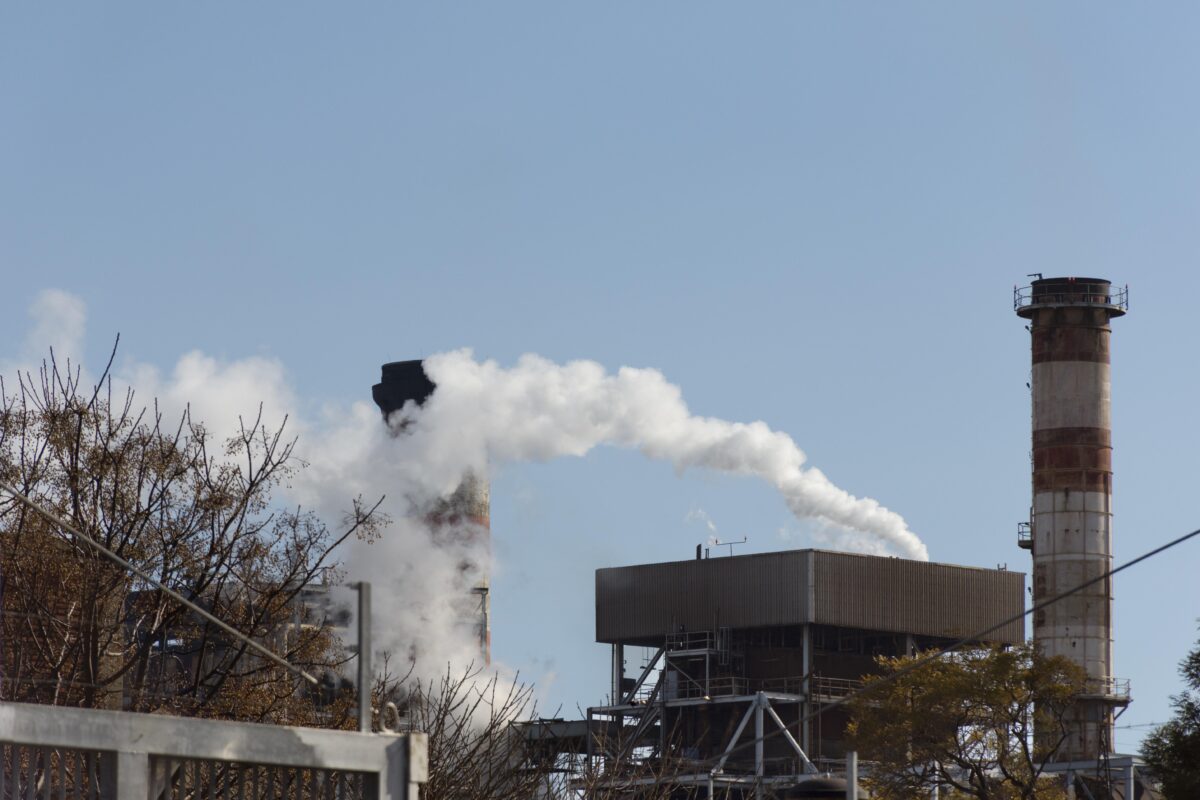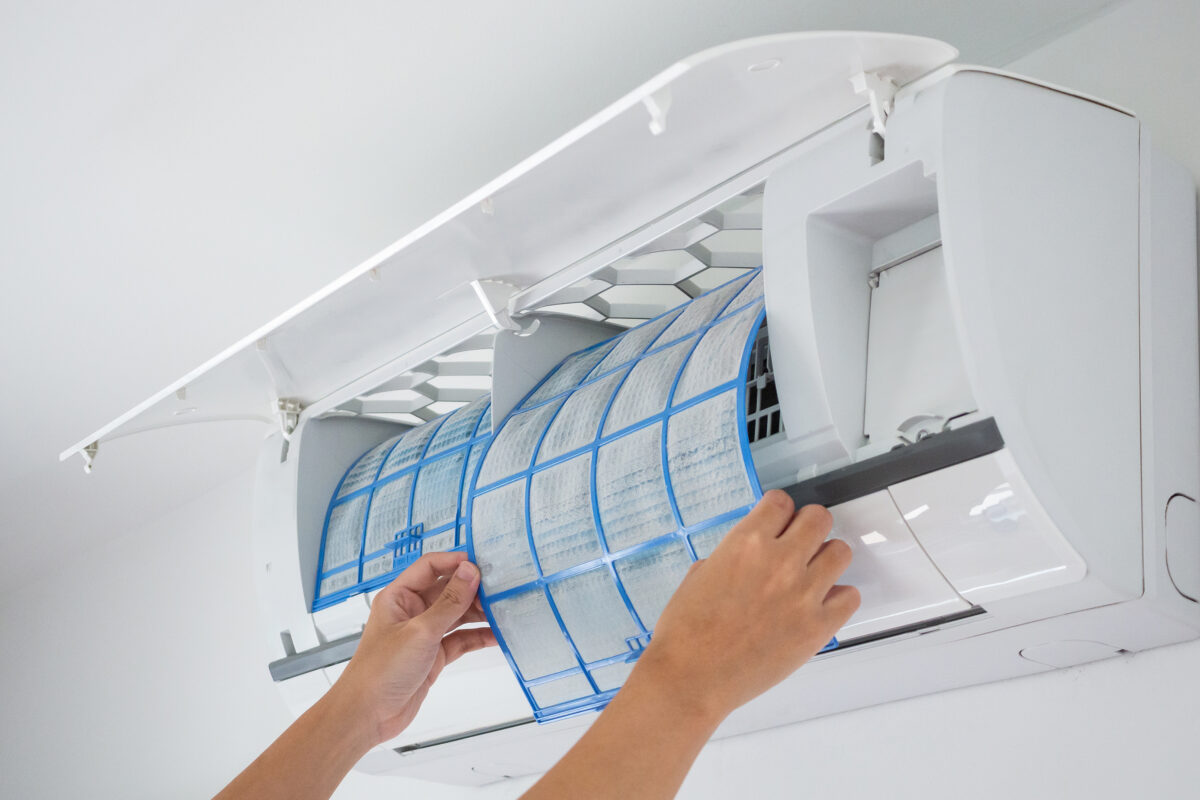Regardless of how diligently you care for your HVAC system, scheduling an annual professional service check can be invaluable. It ensures your system is in optimal condition, making any necessary repairs or adjustments that might not be visible or apparent to untrained eyes. A technician can clean your HVAC system, tighten electrical connections, lubricate moving parts, and check the condensate drain and system controls.
Opt for an Air Conditioning Contractors of America (ACCA) member for this service check to ensure the highest standards of quality and professionalism. ACCA members commit to adhering to the best industry practices, providing you with peace of mind about your system’s readiness for the winter season.
By following these recommendations, homeowners in the Southeast can prepare their HVAC systems for the cooler months, optimizing comfort and efficiency. Regular maintenance, combined with a professional’s keen eye, can lead to savings on energy bills, increased lifespan of your HVAC system, and a comfortable home environment all winter long.
